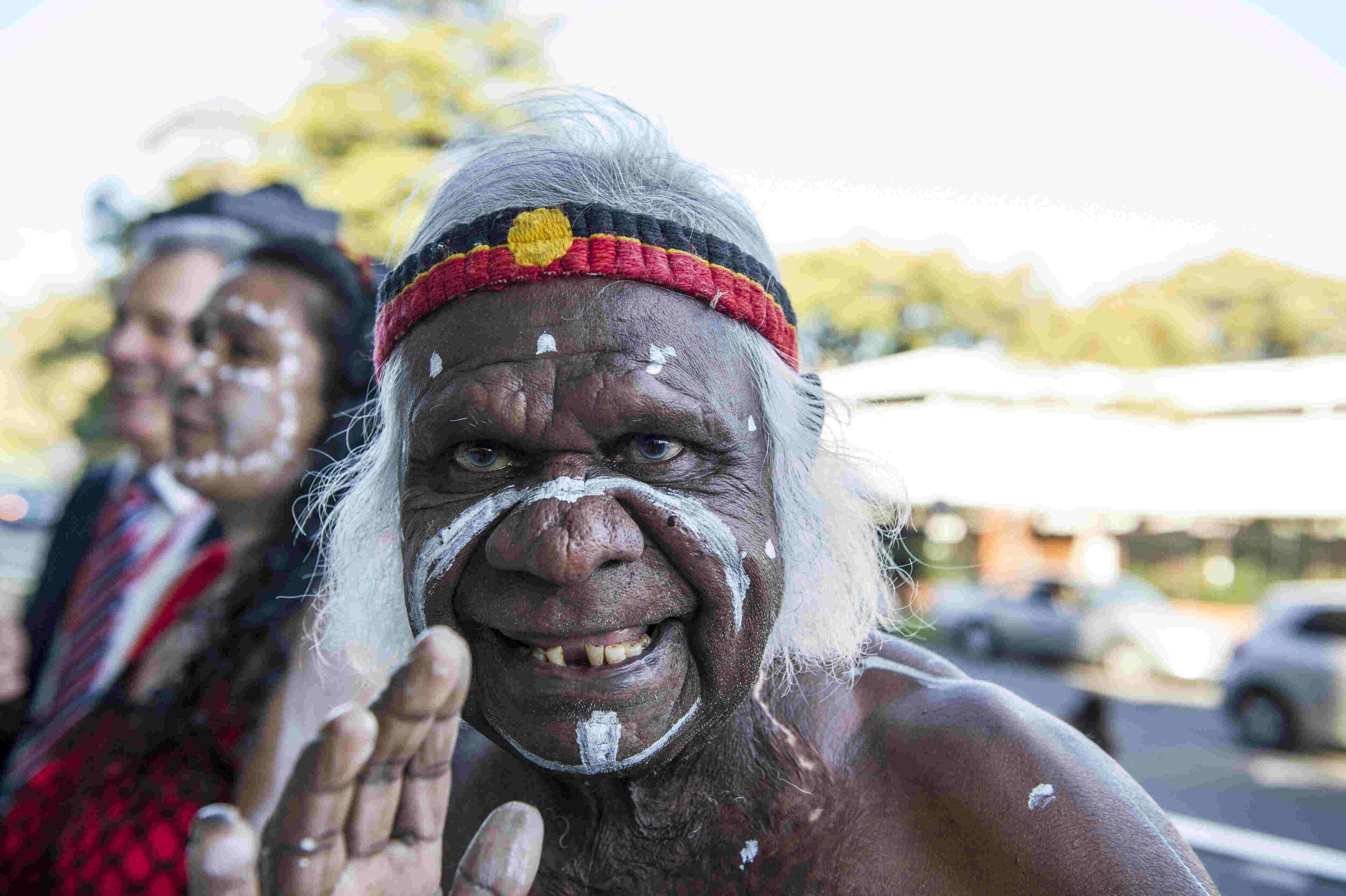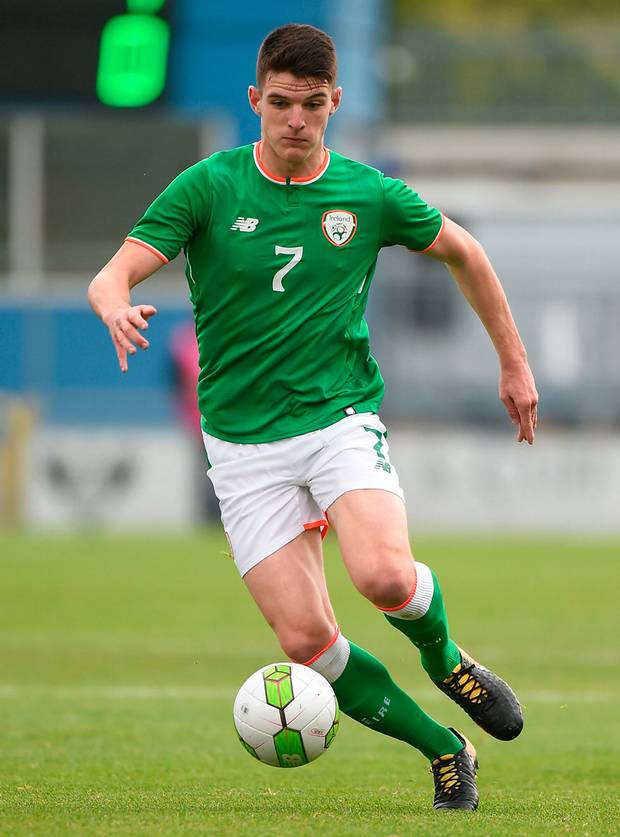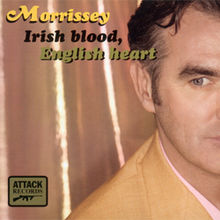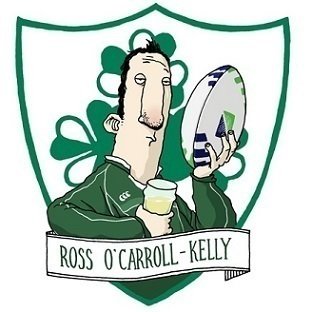Audio Version on Irish in Australia page
‘Out on the patio we'd sit,
And the humidity we'd breathe
We'd watch the lightning crack over canefields
Laugh and think, this is Australia’
Gangajang ‘Sounds of then’ aka This is Australia
On January 26th, most Australians celebrate Australia Day. The day marks the anniversary of the 1788 arrival of Great Britain’s First Fleet of ships at Port Jackson, New South Wales where the soon to be New South Wales Governor, Arthur Phillip, raised the British Flag at Sydney Cove.
In that year, the indigenous population was around 400,000. By 1920, it had dwindled to 60,000, largely attributable to frontier land battles, at least 51 massacres and introduced diseases such as small pox. Most of this history was never taught in schools until recent years.
Australia’s Indigenous population call the day Invasion Day.
‘I came from the Dreamtime
From the Dusty red soil plains
I am the ancient heart
The keeper of the flame
I stood upon the rocky shores
I watched the tall ships come
For 40,000 years I’ve been
The First Australian’
The Seekers ‘I am Australian‘
Today, Aboriginals comprise just 3% of Australia’s 25 million people. The upheaval of their way of life 233 years ago still echoes. 30% live below the poverty line. They are significantly over represented in school absenteeism, unemployment, substance abuse, homelessness, suicide, imprisonment and deaths in custody. Aboriginals live around 9 years less than the non-indigenous population.
Australia’s 1988 Bi-centenary celebrations along Perth’s picturesque Swan River are still etched in mind. In sweltering heat, half a million of us partied in unison. Days before, I’d received a letter confirming approval of my residency application. I celebrated a welcoming country, one full of opportunity.
Soon, Sydney beckoned. With my car as freight, I took the Indian Pacific train 4,300 kms across the Nullarbor. Some 200 kms short of Adelaide, I was awoken by a train official calling out names which ominously included my own. Overnight, cars were damaged by falling rocks, so we were told. The windows of my Nissan Bluebird were smashed. Sensing something missing from the explanation, I queried the story with other railway officials. I learned Aboriginals, angered by the celebrations, had hurled the rocks onto the train. It was not the first time it had happened.
This was my first realisation all was not well in my new homeland.
‘This land was never given up
This land was never bought and sold
The planting of the Union Jack
Never changed our law at all’*
The protests inspired the Labor PM, Bob Hawke, to promise a Treaty with the First Australians, but the political will wasn’t there to follow through.
‘Well I heard it on the radio
And I saw it on the television
Back in 1988
All those talking politicians
Words are easy, words are cheap
Much cheaper than our priceless land
But promises can disappear
Just like writing in the sand’*
*Yothu Yindi ‘Treaty’
Meanwhile, I settled into my new life with a Dublin friend in Sydney’s harbour side suburb of Kirribilli. From there, I’ve witnessed many Australia Day celebrations include armed navy carriers and screaming air force jets. This display still seems utterly inappropriate to me.
Australians love their sports and their gifted Aboriginal sporting heroes.
At 14, Evonne Goolagong the daughter of an itinerant sheep shearer, caught the attention of a Sydney tennis trainer. Soon, she attended Sydney’s Willoughby Girls, a public school where both my daughters were to attend decades later. In 1971, at just 19, Goolagong beat fellow Australian, Margaret Court, to win Wimbledon. She was named Australian of the Year. Today, Indigenous Queenslander Ashleigh Barty is the World Tennis No 1 and Young Australian of the Year.
Sydney hosted the 2000 Olympics. The nation stopped to watch Cathy Freeman in her high tech, green and gold body suit run and convincingly win the 400 metres final. Like Goolagong, Freeman left her country home at 14 to attend a Brisbane school. On her victory lap, she held aloft Aboriginal and Australian flags.
Recognising Aussie Rules best, Sydney Swan’s great, Adam Goodes, won 2 Brownlow medals. He played 3 Internationals against Ireland. Goodes was 2014’s Australian of the Year. Racists targeted him at games and on social media. Goodes took leave of absence from his beloved game and retired.
Days before Christmas in 1977, my father Brian , well known in rugby circles at the time, took me to a wintry Donnybrook to watch the 3 extraordinary Ella brothers weave their magic with Australian schools against Leinster. Unbeknownst to me then, a decade later in Sydney Club Rugby, I was feeding line out ball to Dom Vaughan, who’d played as scrum half alongside the Ellas on that memorable day! Recently Kurtley Beale notched up 92 tests for the Wallabies. His precocious sporting talent had secured Beale a scholarship to a private Sydney Catholic school, St Joseph’s, away from Blacktown, a disadvantaged Sydney suburb.
Growing awareness of indigenous history has fueled calls to change the date of Australia Day and the anthem. The anthem refers to Australians being ‘Young’, seen as grossly offensive by the first Australians who’ve lived here for thousands of years.
Ireland is familiar with controversy over anthems at sporting events. Ireland’s Call has been played at rugby internationals since 1995.
On New Year’s Day 2021, without any consultation, Australia’s Conservative Liberal Government changed the lyrics of the national anthem . One replaces Young which was deemed to be more inclusive. One also reflects Australia’s vibrant cultural diversity, with 26% of Aussies being immigrants.
Changing the Australia Day date and the entire anthem remain contentious issues. A song written by the original Seekers frequently beats the current anthem on many straw polls, most recently in a Twitter poll by Australian Republican advocate, prolific writer and former Wallaby, Peter FitzSimons.
‘We are one
But we are many
And from all the lands on earth we come
We’ll share a dream
And sing with one voice
I am, you are, we are Australian ‘
The Seekers ‘I am Australian‘
In 1999, Australians marginally voted NO to becoming a Republic. While changing one word in the anthem may be gesture politics, it may also eventually lead to a Republic, the Treaty promised 33 years ago, a new flag and an entirely new anthem.
As the proud grandson of a 15 ½ year old 1916 Uprising participant from Dublin‘s impoverished Liberties, I hope Australians make most of these rightful changes in my lifetime.
Jack Murphy , Kirribilli, Sydney, the traditional land of the Cammeraygal people.










